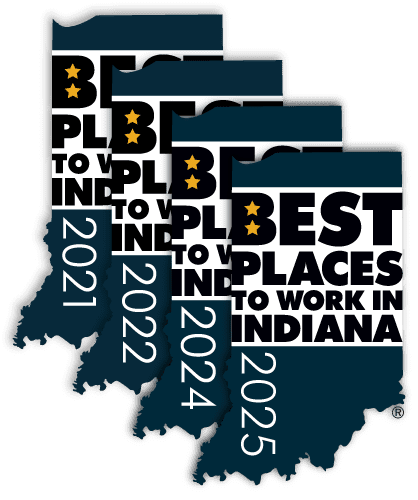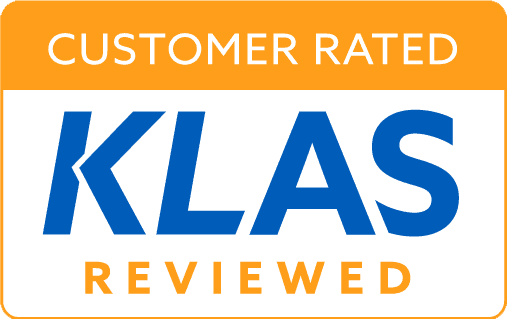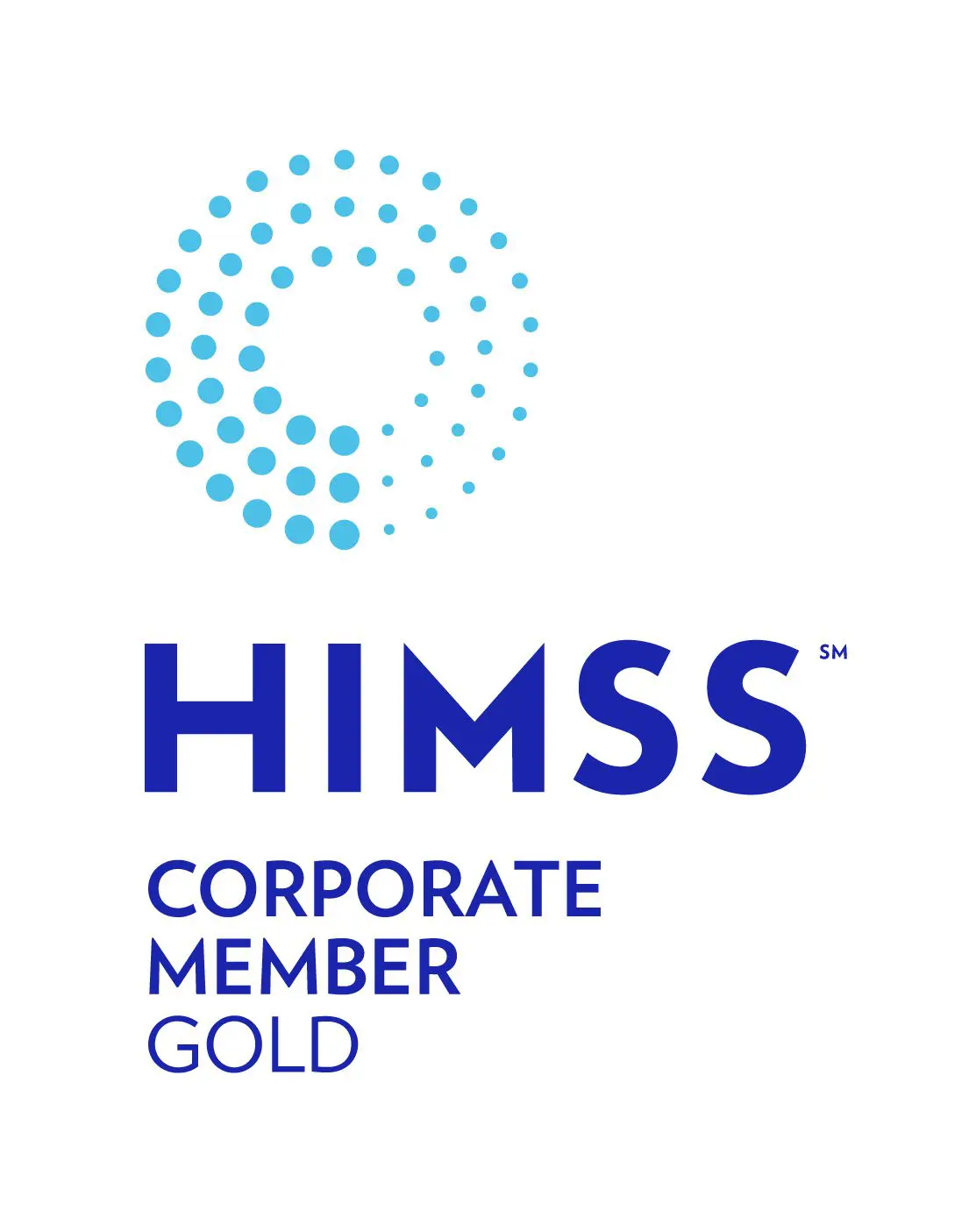
M&A activity for healthcare providers prior to the COVID-19 pandemic was on pace with prior years with 29 announced transactions (compared to 30 in Q1-2018 and 27 in Q1-2019). While the pandemic shifted most organizations’ resources inward, there now is some movement again. Analysts predict that M&A for Q2 will be fewer than in years past, but accelerate for the second half of the year — especially for larger organizations that have had room to remain focused on longer-term strategic initiatives.
Smaller, community-based clinics — especially those in areas that were hard hit by the pandemic — likely will have an increased motivation to consolidate in order to gather additional operational resources. Further, experts predict a short-term uptick in strategic M&A deal making and interest from private equity to buy struggling physician offices.
As participants of all industry segments seek to scale services and gain leverage from a purchasing standpoint, the challenge of integrating two (or more) Healthcare delivery organizations can present unique information technology and data management challenges. During Hospital acquisition, how to manage EMR & ERP systems must be considered.
One of the key predictors in the success of a merger or acquisition is if the two organizations can obtain a “systemness” approach. This means they truly merge and are able to realize the cost/benefit efficiencies of having a meaningful exchange of information through interoperability and data-driven decision-making with business intelligence and analytics. Bottom line, it means evaluating the technologies and processes of both organizations and adopting the best go-forward solutions for the combined entity.
Another success factor to consider is “doing more with less.”
This concept can have a negative connotation when you think of budget cuts and workloads; however, there is an upside when it comes to IT. The positive outcome of the “less is more” idea is favorable when evaluating the end gain of system consolidation — if and when there is a well-planned strategy for managing all of the data within the organization’s care. Less systems to manage, less risks with outdated servers, less technical burden, less maintenance costs, and less cybersecurity risks lead the list of positive points to consider when consolidating systems through M&A.
In terms of EHRs, often a large healthcare enterprise may have 30-40 clinical, financial and administrative data silos in varying stages of use, but all with a meter ticking with costs and risks rolling along. Other healthcare scenarios include system replacement of the existing EHR to a system that is a better fit for the organization moving forward.
Our team at Harmony Healthcare IT, ranked #1 in the category of data archiving by KLAS Research, helps healthcare providers consolidate data stores by decommissioning legacy EHR, ERP, HR and other administrative systems and securely retaining patient, employee and business records across the healthcare enterprise. HealthData Archiver®, our long-term data storage solution, delivers a single point of access to maintain retention and compliance in a secure and searchable format.
Secure, compliant, long-term record storage in an electronic health data archive solution helps manage the legacy application portfolio. The solution minimizes the volume of legacy EMR, ERP, GL, Accounting or HR/Payroll applications, allowing the organization to save on maintenance contracts, mitigate technical risk, and reduce labor burden.
With an active archive, outdated legacy systems can be decommissioned and ROI can be expected within 12-18 months. Hence, the doing more with less payoff.
Decommissioned legacy systems equals less burden, less technical risk and a consolidated portfolio of integrated records that remain active and available through a secure, cloud-based active archive.
Is your organization involved in a merger or acquisition? Are there EHR or ERP system replacement activities planned in the near future?






